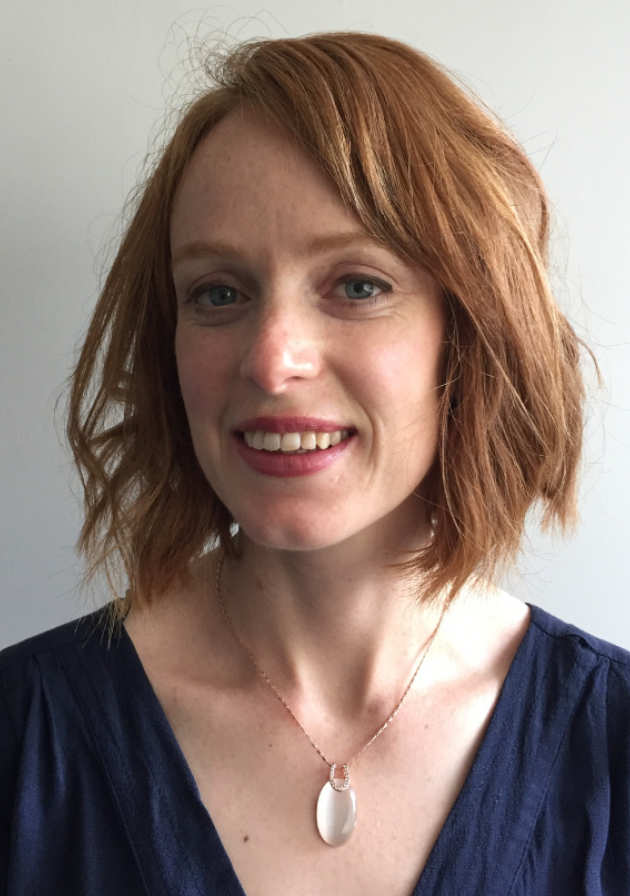 RESEARCH: PULMONARY REHABILITATION, PHYSICAL ACTIVITY AND OUTCOME MEASURES IN RESPIRATORY DISEASE. I AM CURRENTLY WORKING ON PROJECTS INVESTIGATING DIFFERENT REHABILTIATION STRATEGIES
RESEARCH: PULMONARY REHABILITATION, PHYSICAL ACTIVITY AND OUTCOME MEASURES IN RESPIRATORY DISEASE. I AM CURRENTLY WORKING ON PROJECTS INVESTIGATING DIFFERENT REHABILTIATION STRATEGIES
How did you get into research?
In 2010 I was working as Band 6 physiotherapist with the cardiothoracic physiotherapy team at Harefield Hospital, and Harefield Pulmonary Rehabilitation Unit and submitted abstracts to the British Thoracic Society and European Respiratory Society Congresses. After this, I successfully applied for a research physiotherapy role in Dr Man’s Muscle Research Laboratory. I was the lead coordinator of a randomised controlled trial of augmenting the effects of pulmonary rehabilitation on physical activity levels using pedometers and for a multi-centre trial of neuromuscular electrical stimulation in patients with severe COPD.
I completed a Masters in Advanced Cardiorespiratory Physiotherapy at University College London and in 2015 I was awarded an NIHR Doctoral Research Fellowship, which has allowed me to pursue my PhD at Royal Brompton and Harefield NHS Foundation Trust and the National Heart and Lung Institute, Imperial College London.
What do you enjoy about research?
On a day-to-day basis I enjoy the variety of meeting and assessing study participants, collaborating with national and international colleagues, analysing data and reading and writing conference abstracts and research articles. I enjoy the opportunity to investigate areas that interest me and to advance patient care and knowledge in my field, contributing to national and international societies.
What was the most difficult aspect of doing your PhD?
There is no particular aspect which stands out, but I certainly feel my problem-solving abilities and resilience have improved over the past few years.
What difference has your research training and experience made to your career?
Spending a few years working and training as a researcher gave me the experience and credentials to be a suitable candidate for a NIHR Doctoral Research Fellowship. Receiving the fellowship was a huge bonus. The training and experience has allowed me to develop as an early-career researcher.
What has made a difference to progressing your research career?
Having a good mentor is critical for support, help and advice, and my mentor/supervisor’s influence has been invaluable. Working in a supportive team. I have been fortunate to work in a lab with experienced researchers who have encouraged me and taught me many skills, from learning how to perform clinical outcome measures to writing papers.
Taking advantage of available opportunities and being awarded my NIHR fellowship has allowed me to develop my research career and opened up the pathway to an academic career
Where do you see your clinical academic career going over the next five years?
The post-PhD pathway is challenging for physiotherapists- there are no established career pathways or roles, but I hope to win a NIHR Post-doctoral Fellowship, advance my research and contribute to national and international respiratory advances.
Dr Claire Nolan, Senior Research Physiotherapist, Royal Brompton & Harefield NHS Foundation Trust c.nolan@rbht.nhs.uk
To download Claire case study please click here: Claire Nolan Case study 2020
Useful links
Contact us
The CATO Team and Radiographers Incubator work on a Hybrid model, combining days in the office with days working from home – the best way to reach us is by email.
cato@imperial.ac.uk
radresearch@imperial.ac.uk
+44 (0)20 3313 7397

